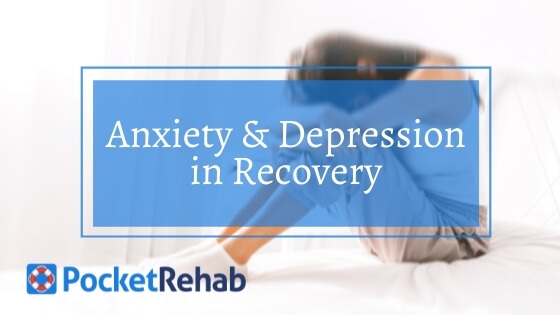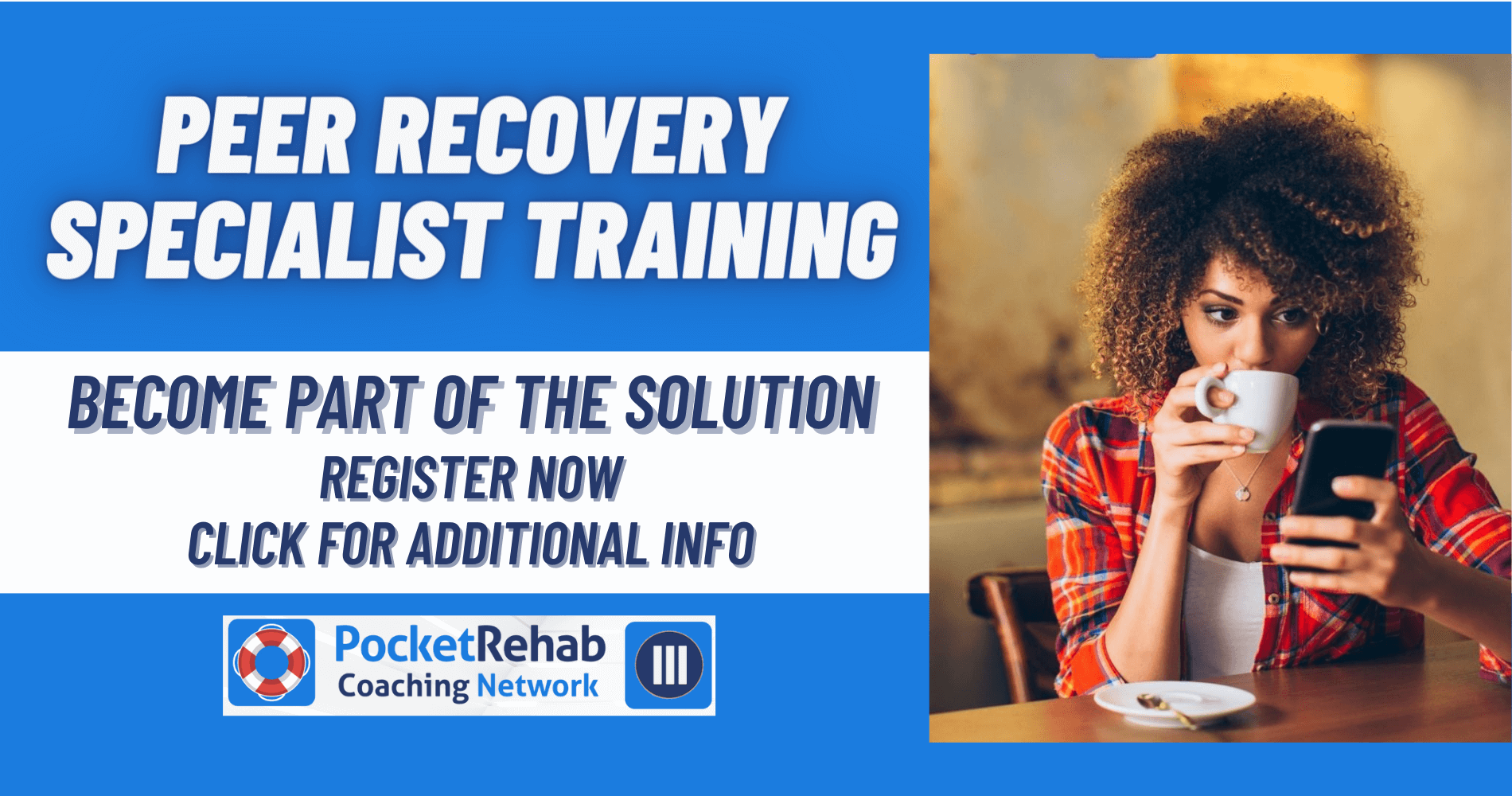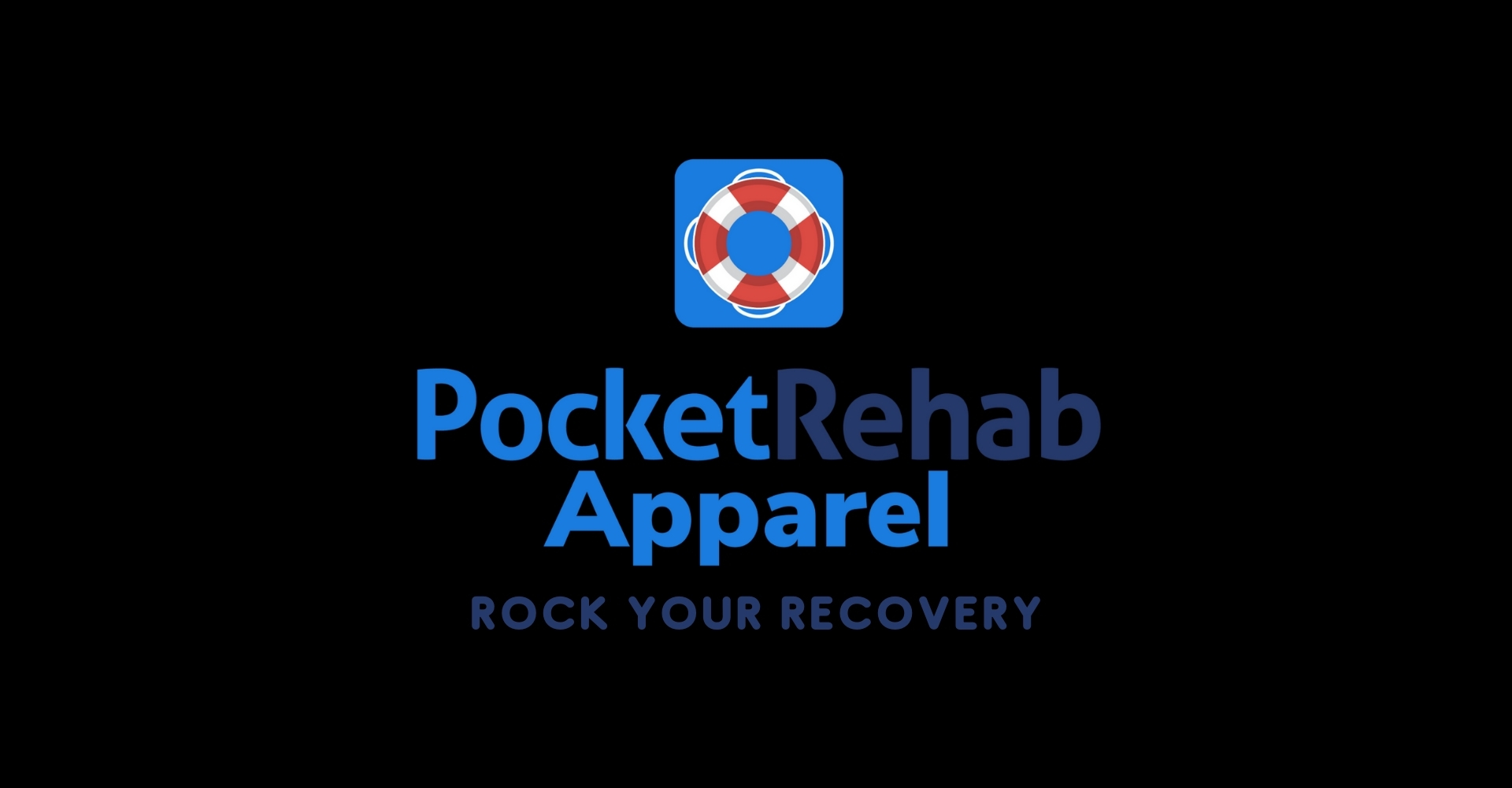Coping with Anxiety and Depression in Recovery

Anxiety and depression are some of the most common mental disorders in the world, and their prevalence is thought to only keep growing as time goes by. These psychiatric disorders can make life quite difficult even for healthy people, and it’s only logical that their management can be more challenging in people who suffer from addiction. A recent study conducted in the Middle East reported some staggering statistics. As high as 93% of people in the addiction group suffered from depression, while 97% of the group expressed different levels of anxiety [1]. Anxiety and depression disorders in people suffering or recovering from addiction deserve special attention, and that’s what we’ll try to do in this article:
UNDERSTANDING DEPRESSION:
While many people have experienced sadness episodes or the blues in their life, depression is a characterized psychiatric disorder that doesn’t just mean feeling sad. To make a depression diagnosis, mental health professionals rely on diagnostic criteria found in the DSM 5, such as:
- Feelings of sadness and low mood.
- Loss of interest in activities once enjoyed.
- Negative thoughts such as culpability, feelings of worthlessness, and negative self-talk.
- Difficulty sleeping or oversleeping.
- Loss of appetite or overeating.
- Slowed thinking and movement.
- Loss of energy, purpose, and drive.
- Difficulty thinking or concentrating.
- Suicidal thoughts.
- Physical complaints like headaches and difficulty breathing.
These symptoms need to last for more than 2 weeks, and shouldn’t be explained by an underlying medical condition to diagnose someone with depression [2].
UNDERSTANDING ANXIETY:
According to the DSM 5, anxiety refers to a variety of disorders such as generalized anxiety disorder, panic disorder, various phobias, or social anxiety disorder. Anxiety is different from stress in that it’s a characterized psychiatric disorder that involves persistent overthinking and excessive worry that negatively affects day-to-day activities. This anxiety will also cause physical symptoms such as muscle tensions, restlessness, digestive issues, tension headaches, fatigue, and difficulty breathing, to name a few [3].
UNDERSTANDING ADDICTION:
Addiction, also known as substance use disorder, is a complex condition in which a person feels a compulsive need to use a substance despite its harmful consequences. Substances abused include alcohol, tobacco, opioids, cocaine, or other illicit drugs and will greatly impair the person’s ability to function and perform day-to-day activities [4].
The pathophysiology of addiction is complex and includes physiological and psychological mechanisms:
- Physiological mechanisms:
- They relate mostly to the phenomenon of dependence on a substance. It usually starts with the body become tolerant toward a substance, which means that more quantities are progressively needed to achieve the same effect as before. From there, the body can become dependent on the substance to function well and will exhibit withdrawal symptoms when the substance’s concentration in the bloodstream begins to decrease [5].
- Aside from dependence, tolerance, and withdrawal, addiction can also be explained by the body’s pleasure centers reaction. When consuming a substance someone is addicted to, the reward system in the brain is activated and produces the feel-good and pleasure neurotransmitter dopamine [6].
- When addicted to a substance, the body isn’t only craving the said substance but also the dopamine that’s released as a result of the substance use.
- Psychological mechanisms:
- Psychological mechanisms of addiction mostly refer to the idea of conditioning. Conditioning means the formation of habitual behavioral patterns that a person relies on or automatically turns to in order to feel good. Psychological conditioning in the context of addiction explains why certain smokers still feel the need to put a cigarette between their fingers or their lips and will instantly feel good even without lighting it [7].
- Substance use also creates a feeling of psychological security, in that the person views the substance as a safety net they can always rely on when they feel bad.
THE RELATIONSHIP BETWEEN ANXIETY, DEPRESSION, AND ADDICTION:
The relationship between anxiety, depression, and addiction is intricate and unique. First, these diagnoses can be found in the same person, either as a dual diagnosis (depression and addiction or anxiety and addiction) or even as a triple diagnosis, in a person who suffers from all three issues [8]. Furthermore, these 3 disorders can also be a part of the same vicious cycle that will make the person or their mental health provider ask the question: which came first, the addiction or the anxiety-depressive disorder? Did depression and anxiety lead to substance abuse as a way to numb the suffering and relieve the psychological tension caused by depression or anxiety? Or did addiction with its negative physical, psychological, financial, and social consequences lead to anxiety and depression?
Whatever the answer, the relationship between these 3 disorders needs special attention for many reasons:
The presence of anxiety-depressive disorder in people who abuse substances can be life-threatening, especially if the person is depressed with suicidal thoughts. It’s easier for an intoxicated person to self-harm and take their own life because they’re not able to be rational and think of the consequences of their action [9].
Additionally, anxiety and depression are common causes of relapse after recovery, hence the importance of managing these disorders in people in recovery to prevent a relapse.
HOW TO DEAL WITH ANXIETY AND DEPRESSION IF YOU’RE ADDICT OR IN RECOVERY:
There are many ways and tools to manage anxiety and depression in people who are in recovery. But the most important step is motivation to recover from substance abuse and a true desire to change one’s life. No progress can be made in the absence of the person’s complete commitment to recovering.
1) Medical interventions:
Necessary in the beginning stages of recovery to manage withdrawal symptoms. Medical surveillance and attention are also necessary when there’s a risk of suicide or other forms of self-harm. The goal of medical intervention is also to detect any other medical issues caused by substance abuse like liver failure and vitamin deficiencies caused by alcohol abuse, blood-borne infections like HIV or Hepatitis C caused by intravenous opioid injections, or even a general state of malnutrition or dehydration caused by addiction. Medical treatments are also helpful in the management of anxiety and depression. Medications such as SSRIs will help ease the symptoms of anxiety and depression and will make psychological interventions easier and more effective.
2) Psychological interventions:
Psychological interventions are always necessary when dealing with addiction. Psychotherapy methods like cognitive behavioral therapy (CBT) can help the recovering person consciously change their behavior (which in this context is substance abuse), but also be able to detect their triggering thoughts and feelings so that they are prevented, avoided, or managed more carefully. A lot of therapy work is also needed because addiction is usually a consequence of something else going on psychologically. Whether that’s an adverse childhood experience, a personality disorder, or even a history of PTSD and repressed emotions.
3) Lifestyle interventions:
Keeping a healthy body is essential to optimal mental health. Simple lifestyle interventions are greatly beneficial in this regard not only to promote recovery but also to prevent relapses:
- Regular sleep: keeps the hormonal system balanced and allows the mind to rest.
- Healthy food: improves physical and mental health.
- Physical activity: produces endorphins and is a great way to canalize any negative emotions.
- Hobbies: positive and productive behaviors that can be used instead of turning to addiction when feeling sad or negative emotion.
- Community support: feeling a part of a community is necessary for recovery, either through the support of family and friends, or therapy groups for people in recovery.
4) Relapse does not always occur, but for most, it is a part of recovery:
Recovery is a lifelong journey, and relapse is a part of it. Experiencing a relapse isn’t a failure, but rather a minor setback that’s expected and should be managed calmly. Relapses can be prevented by being aware of a person’s triggers and relapse risk factors. These include stress or life problems, financial difficulties, being exposed or in contact with the substance once abused to name a few. When a relapse occurs don’t be discouraged, but rather remain calm because it’s not the end of the world. It can be difficult to make the right decisions when in relapse, so instead have a relapse plan already in place, and follow the steps you will have laid out in advance to ask for help and regain control of the situation.
Last but not least, never hesitate to ask for help. Whether you ask for the assistance of your therapist, your therapy group members, or your family and friends, always remember that you’re not alone and many people will be pleased to help you and see you doing and feeling better.
Help is available, and we're here to help you and/or your loved ones get on the right path and get free from the burden of active addiction. Download Pocket Rehab today for free and get access to the 24/7 resource for people struggling with addiction and mental health.
Learn more here
Tags: Addiction, Recovery, Depression, Anxiety, Mental Health, Pocket Rehab, Recovery App





